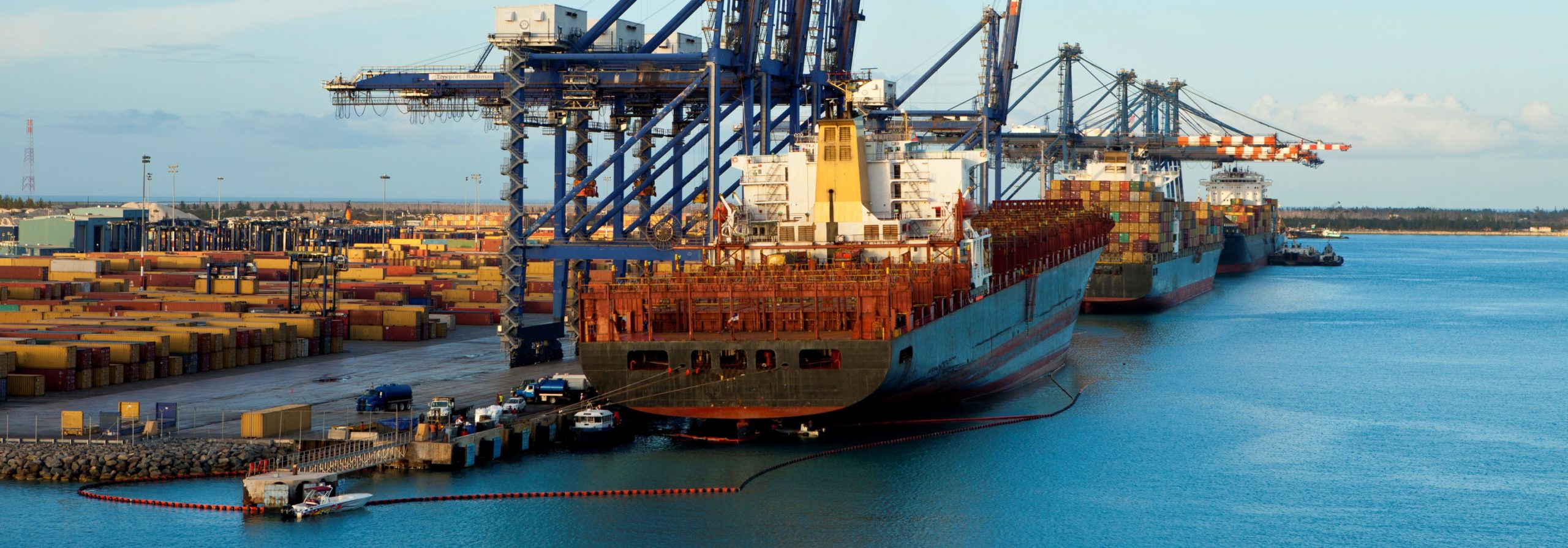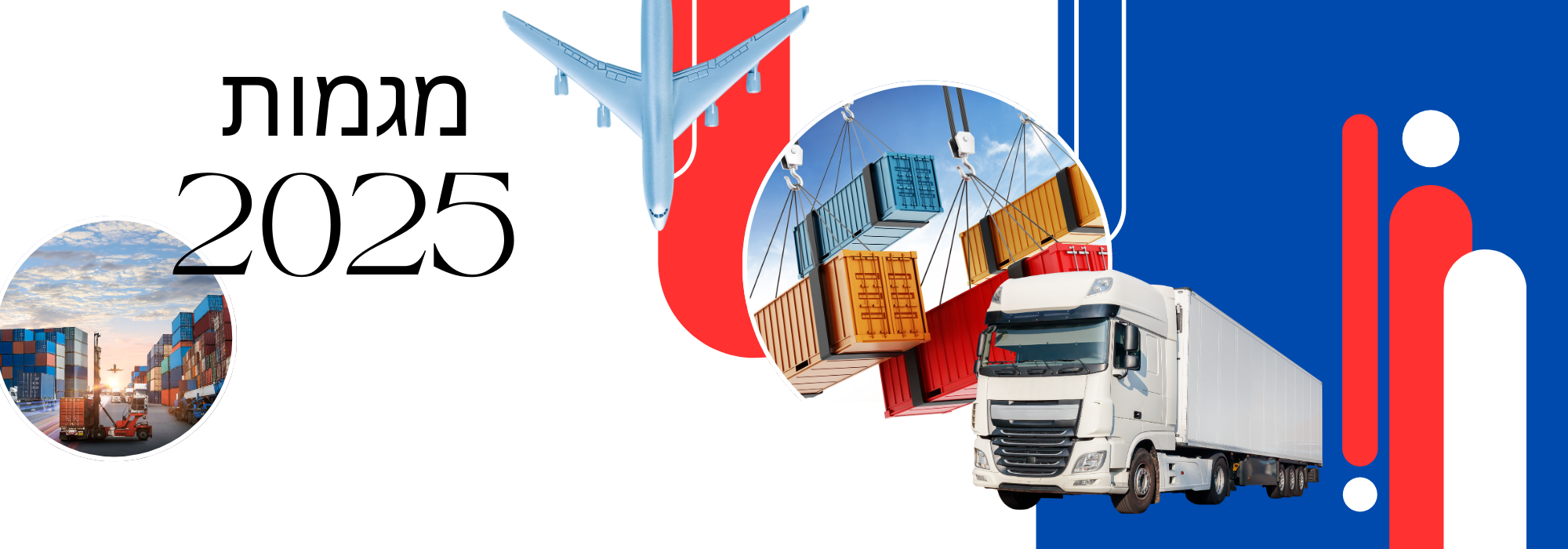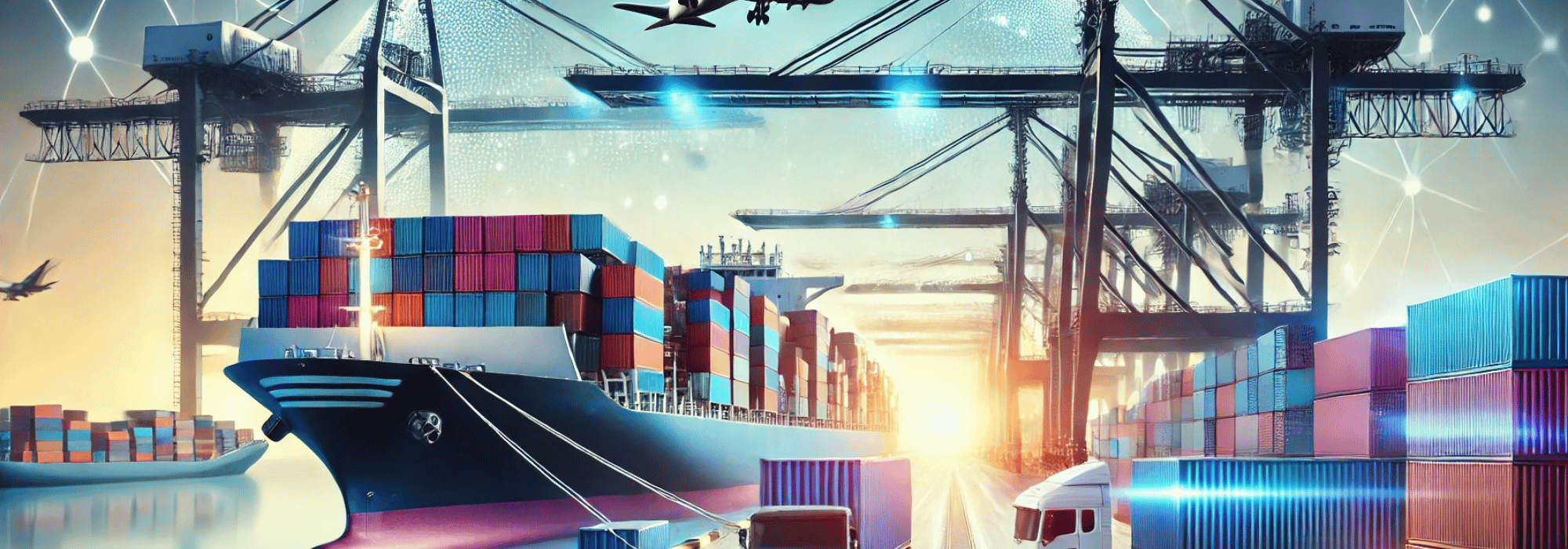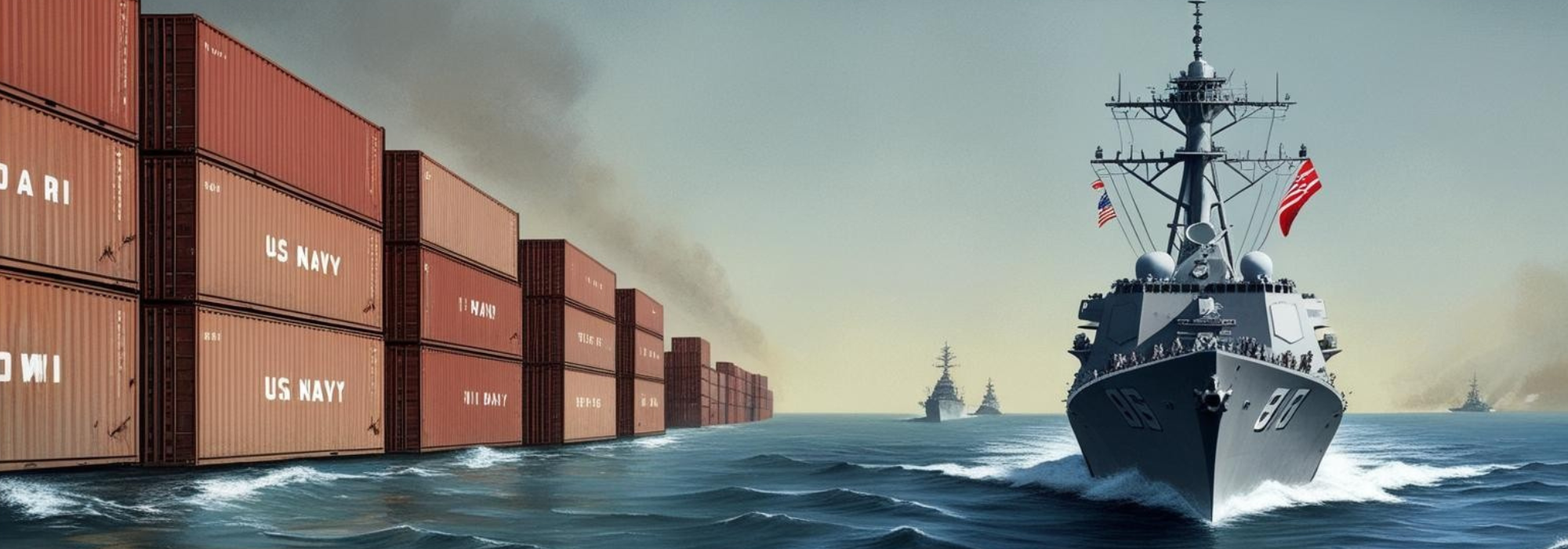Freight transportation is an essential component of the global supply chain. This field involves numerous risks, including delays, accidents, cargo damage, and global threats such as pandemics and natural disasters. This article explores the key challenges, crisis management strategies, and modern tools to address these risks effectively.
Chapter 1: Types of Risks in Freight Transportation
1.1 Logistical Delays
One of the most common risks in freight transportation is delays caused by various factors:
- Traffic congestion in ports and roads: Heavy traffic in major ports or on highways can lead to significant delays.
- Customs issues: Missing documents or lengthy regulatory approvals can extend processing times.
- Strikes and social unrest: Strikes among workers or protests can disrupt logistical activities for extended periods.
Solutions:
- Alternative planning: Developing backup routes in case of delays or disruptions.
- Real-time tracking systems: Monitoring shipments to identify potential delays and adjust plans accordingly.
- Strategic partnerships: Building reliable relationships with suppliers and professionals in target destinations.
1.2 Accidents and Cargo Damag
Accidents and physical damage to cargo are frequent risks:
- Transportation accidents: Congested roads or rough sea conditions can cause cargo damage.
- Improper handling: Errors in packaging, unloading, or storage can result in damage.
- Theft: High-value cargo, such as electronics, jewelry, or pharmaceuticals, is especially vulnerable to theft attempts.
Solutions:
- Protective packaging: Using specialized packaging designed to reduce the risk of damage.
- Smart locks and GPS tracking: Advanced tools to prevent theft and enable real-time monitoring.
- Cargo insurance: Financial coverage to ensure compensation for potential losses.
1.3 Environmental and Climatic Risks
Natural disasters or extreme weather conditions pose significant threats:
- Earthquakes, floods, and storms: Such events can disrupt logistics infrastructure and cause severe damage.
- Extreme temperatures: Sensitive cargo, such as medicines or food, may be damaged if conditions are not properly controlled.
Solutions:
- Meteorological monitoring: Planning routes based on weather forecasts.
- Resilient storage facilities: Investing in infrastructure capable of withstanding natural disasters.
- Geographic risk diversification: Partnering with ports and warehouses in various locations to minimize dependency on specific regions.
Chapter 2: Insurance Solutions and Security Measures
2.1 Types of Cargo Insurance
Cargo insurance is a critical tool for risk mitigation. The main types include:
- All-risk insurance: Covers damages of all types, including unforeseen events.
- Tailored insurance: Designed for particularly valuable cargo, such as medical equipment or jewelry.
- Delay insurance: Financial coverage for significant delays that result in losses.
Example:
A pharmaceutical shipping company used tailored insurance to cover losses caused by temperature fluctuations during transit.
2.2 Advanced Technologies for Cargo Security
Modern technologies significantly enhance cargo security:
- GPS tracking sensors: Allow real-time monitoring of cargo location.
- Smart locks: Provide additional security against break-ins and unauthorized access.
- Condition monitoring systems: Ensure controlled temperature and humidity for sensitive cargo.
2.3 Packaging and Storage Solutions
- Advanced packaging: Robust packaging designed for fragile or sensitive cargo.
- Temperature-controlled warehouses: Maintain optimal conditions for sensitive products such as food and pharmaceuticals.
- Warehouse security: Surveillance cameras and alarm systems to protect cargo in storage.
Chapter 3: Coping with Global Catastrophes
3.1 Pandemics
The COVID-19 pandemic highlighted the vulnerabilities in supply chains:
- Port delays: Border closures and travel restrictions caused significant shipment delays.
- Labor shortages: A reduced workforce disrupted transportation processes.
Solutions:
- Digitization and automation: Electronic and automated processes improved efficiency.
- Diversified supply chains: Working with suppliers in different regions to reduce dependency on a single area.
3.2 Natural Disasters
Disasters such as earthquakes, floods, and hurricanes disrupt supply chains and logistics activities:
- The 2015 Nepal earthquake: Severely affected the movement of goods within the region.
- Hurricane Katrina in 2005: Damaged key ports and disrupted supply chains in the United States.
Solutions:
- Backup warehouses: Keeping inventory in protected areas for emergency use.
- Data-driven risk analysis: AI systems to predict high-risk areas and prepare accordingly.
Chapter 4: Advanced Technologies for Crisis Management
Leveraging advanced technologies can improve crisis management and risk mitigation:
- AI and big data: Analyze data to identify risks early and enable rapid response.
- Blockchain: Solutions for transparency and secure information in supply chains.
- Robotics: Automated loading and unloading processes to reduce reliance on human labor.
Conclusion
Managing risks in freight transportation is a complex task, but with proper planning, advanced technologies, and tailored insurance solutions, these risks can be significantly mitigated. Investing in prevention and resilience ensures stability and continuity in supply chain operations, even during emergencies.



















